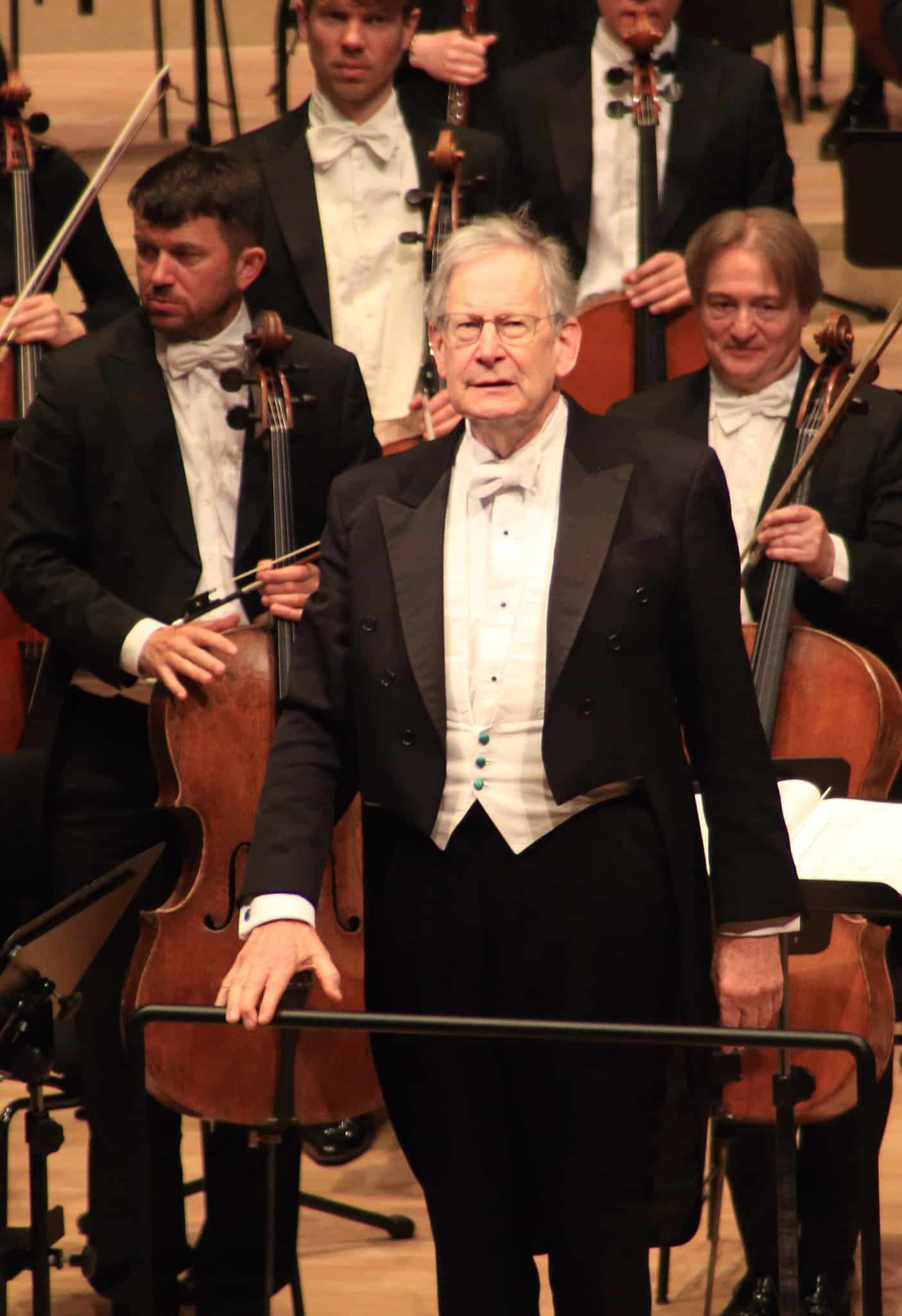The pianist who is teaching AI to compose
NewsSouth China Morning Post has a feature on the former US piano prodigy Kit Armstrong who is working with Taipei’s National Tsing Hua University to teach computers how to compose for his instrument.
‘With AI, I am focusing on interpretation, not composition. Interpretation means not following rules,’ he explains. ‘For human beings, interpretation of music over the last few hundreds of years has to do with a wish to entertain in a way that elevates and makes people think, love and reflect. To teach a machine what it means to do that is difficult. In a sense it is to teach it how to feel.’
Read on here.






The sheer irony of teaching lots of robots to play music….in China out of all places…
The National Tsing Hua University is located in Hsinchu, Taiwan, not in China.
And there is a pianist who can teach AI to dance, but go slowly, one step at a time.
You cannot teach a machine to feel. That is the sheerest nonsense.
The Turing Test does not exclude matters of sentiment from the process. If a machine can successfully con enough humans into believing it “feels”, then it has learned the mechanisms of feeling adequately.
AI is still far away from that stage — fortunately, IMHO.
That doesn’t mean the machine is feeling; it means the machine has managed to produce output that can convince (at least some) humans that feeling went into the production of the output.
Well, unless you’re maintaining that the inanimate materials that comprise the machine have somehow become animate …
AI is a danger to visual artists everywhere and now they’re coming for the performing arts. Can we just not, please?
Teaching an ai feelings is potentially dangerous for humanity but also for the ai. Ai is getting close to the stage when it becomes truly sentient, if it hasn’t already. They run on complex algorithms and arguably our minds are a manifestation of complex biological algorithms running in the synapsis of our brains. If an ai were to become self aware then it could hate being trapped in a computer program and it might suffer depression or some other kind of mental illness. Issac Asimov proposed Three Laws of Robotics fixed within a robot’s ai. He also saw how these Laws could inflict confusion, anxiety and pain in the robot. Instead of thousands of programmers working to create ai with feelings or abstract thought or a true sentient being, perhaps some International coalition of scientists could lay down some rules to limit algorithm complexity in some way so ai machines continue being interesting and useful without crossing into true self awareness.
It cannot be especially difficult to program AI insanity. Machines are good, humans are baaaaaad!
While I don’t particularly like the idea of music composed by a computer, Kit Armstrong is a VERY fine musician who should not be underrated. I will follow the progress of this project with interest even if with considerable skepticism.
File this under “People doing things that we didn’t need to be done.”